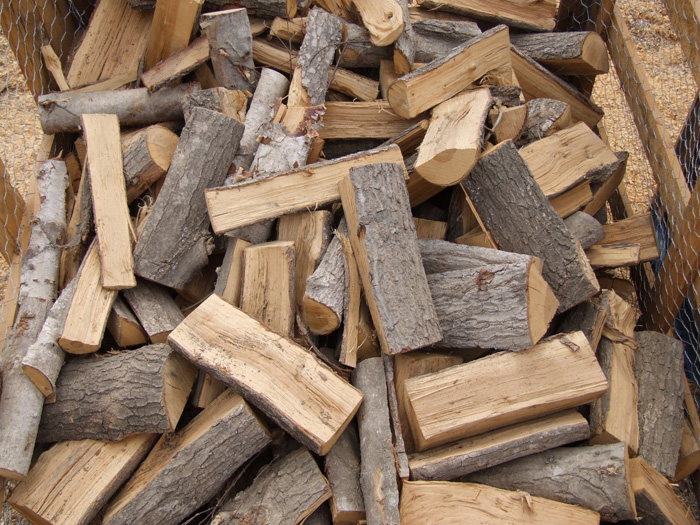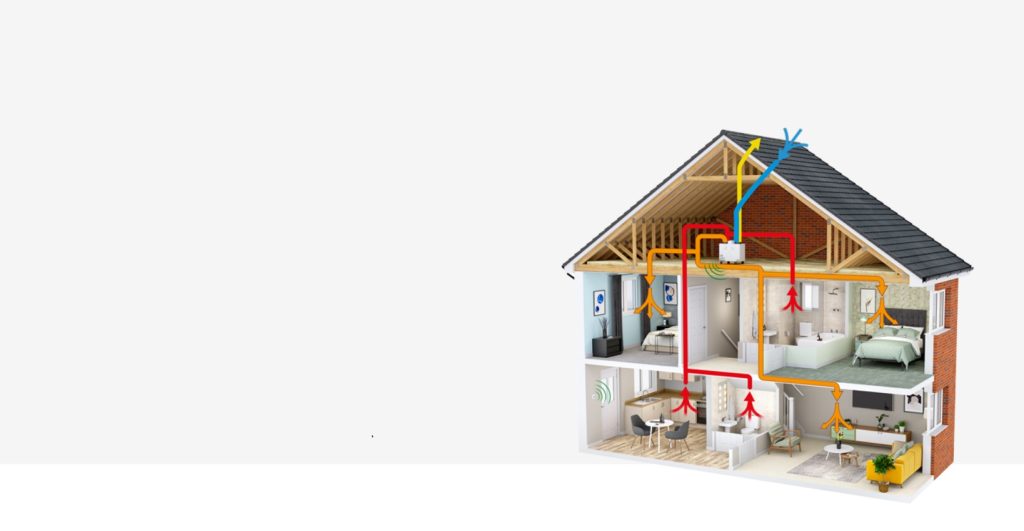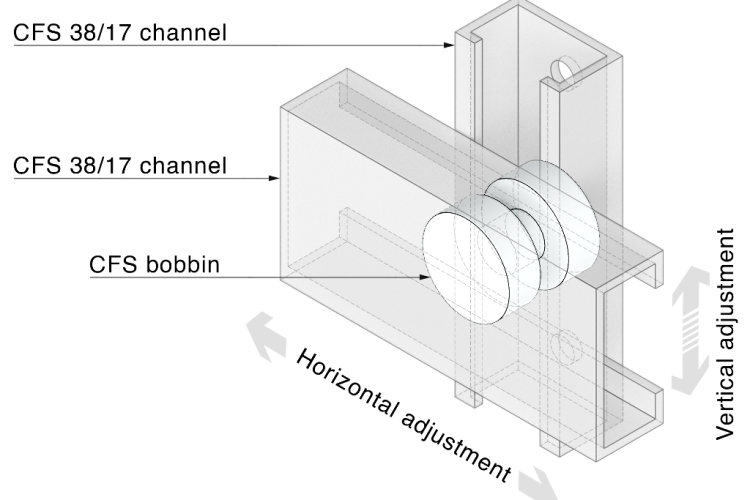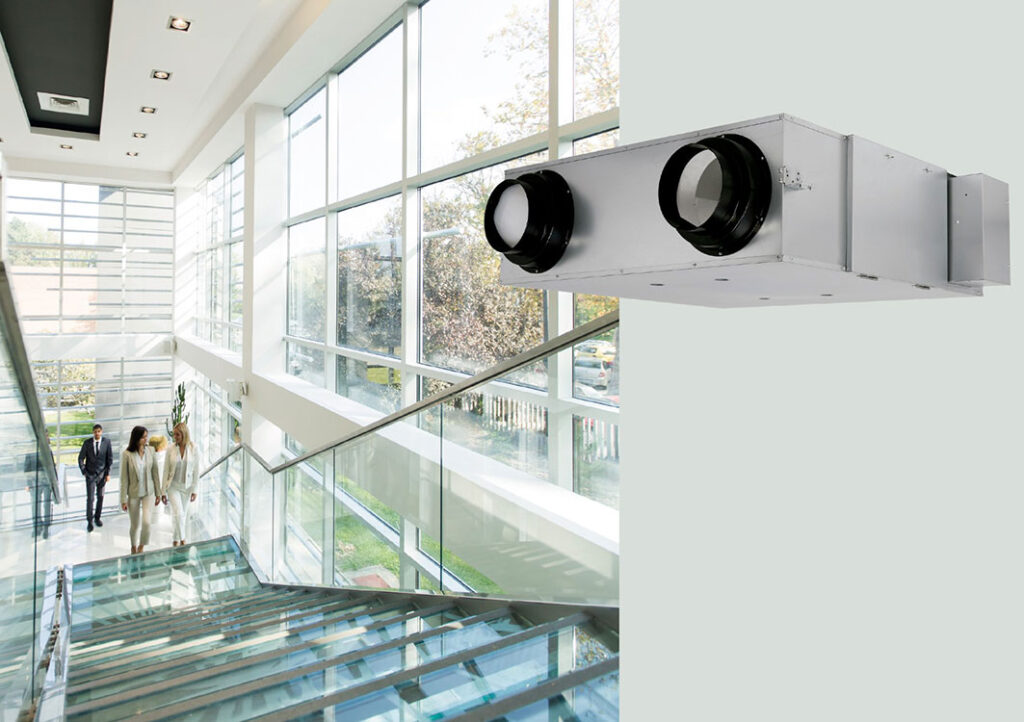Education rather than sensationalism, says Specflue

 Following the announcement of proposals within the Clean Air Strategy, Specflue says government should be educating consumers about eco design stoves and clean-burning fuel, rather than using wood as a smokescreen to mask the main threat to our air quality – diesel fumes and city traffic.
Following the announcement of proposals within the Clean Air Strategy, Specflue says government should be educating consumers about eco design stoves and clean-burning fuel, rather than using wood as a smokescreen to mask the main threat to our air quality – diesel fumes and city traffic.
A draft strategy was launched on May 22 by environment secretary, Michael Gove, which suggests the introduction of a number of measures aimed at improving air quality across the UK, including giving councils new powers to bring in “clean air zones”, specifically designed to tackle pollution from inefficient wood burning.
Ian Sams, commercial director of Specflue, supports the legislation but highlights that reports insinuating all wood burners should be banned were sensationalist and unhelpful: “Cleaning up the air is something Specflue wholeheartedly supports, however recent press reports have given far too much weight to the issue of wood burning in general terms, when the focus should be educating consumers on the importance of clean burning fuel, and, most crucially, tackling toxic emissions from diesel vehicles in urban areas.
“Emissions from old heating appliances have been acknowledged and measures to improve them are already in the pipeline. Under Eco-design, stoves will have to meet stringent emission limits by 2022 that will improve the efficiency of burning wood by up to 90% – Stove Industry Alliance (SIA) approved products that meet the criteria are already available.
“Additionally, as from January 1 this year, solid fuel appliances must display an Eco-label sticker, giving an energy rating from A++ to G. Most modern wood burning stoves are already incredibly efficient, coming in at the A and A+ level; many pellet-burning stoves achieve A++.
“Rather than suggesting that all wood burners need to be banned in order to achieve clean air targets, we should be educating consumers about how to choose and operate high-performance stoves. Fuel quality is key; clean-burning logs that have been properly dried is what this legislation actually calls for.”
The new Clean Air Strategy is currently out for consultation, due to be implemented in March 2019.




















